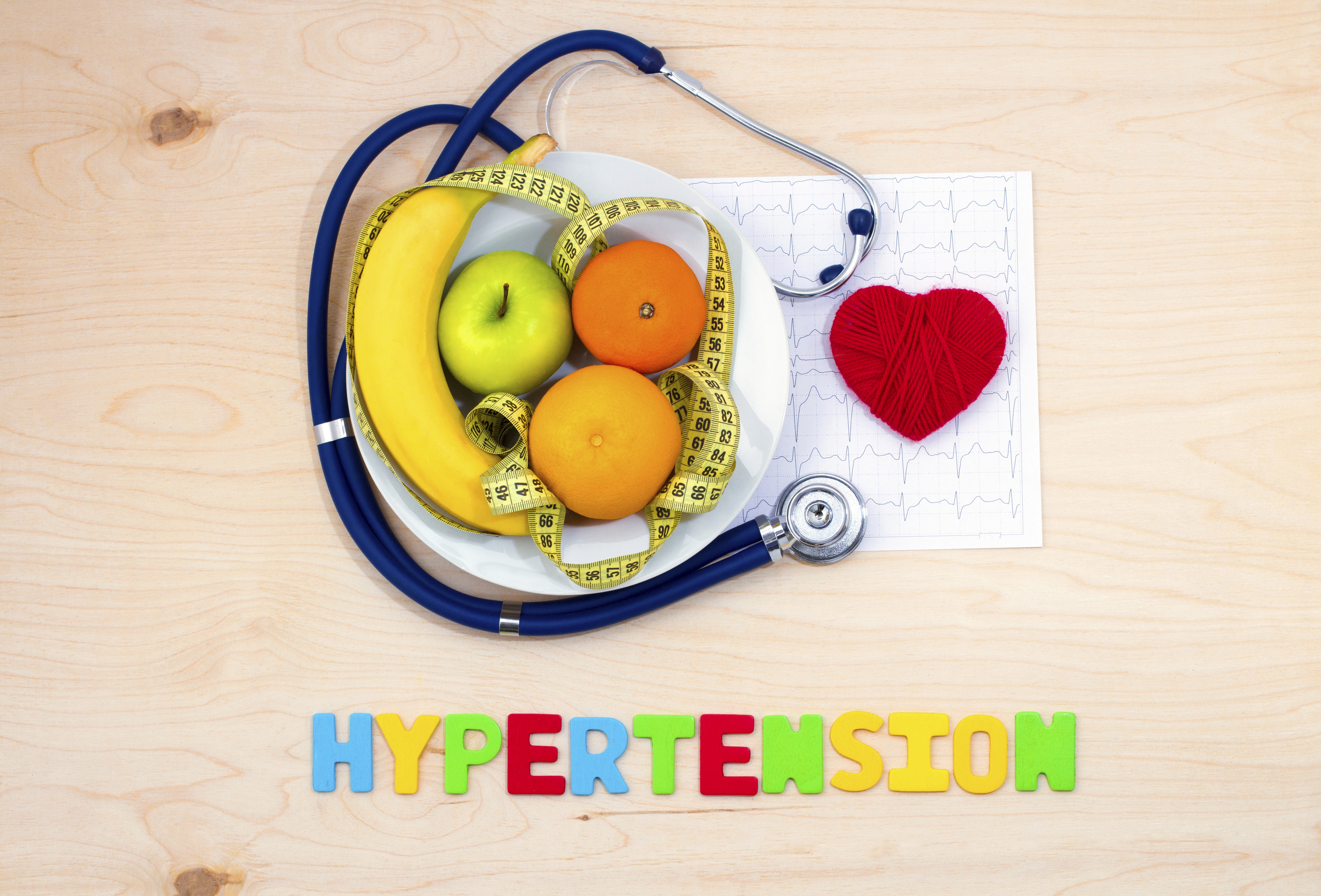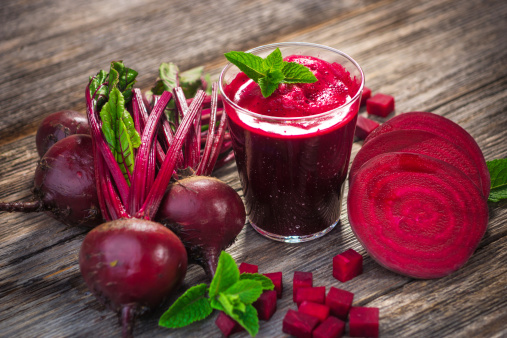High blood pressure means your blood pressure is consistently too high and means that your heart has to work harder to pump blood around your body. Blood pressure readings naturally go up and down throughout the day and night, and it’s normal for it to rise with movement. However, sustained high blood pressure can cause a devastating heart and circulatory diseases. There are many ways to mitigate the risks associated with high blood pressure. One unlikely way to lower BP could be to eat dark chocolate.
The findings confirmed the hypothesis. Dark chocolate showed a reduction in systolic and diastolic blood pressure.
“If you want to make changes to your diet to help your blood pressure and your waistline, it’s best to cut down on salt and increase the amount of fruit and veg you eat.
Dietary changes should also be accompanied by an exercise to reduce high blood pressure.
The health body recommends aerobic activity as a great way to control blood pressure. Any physical activity that increases your heart and breathing rates are considered aerobic activity, it says, including:
- Household chores, such as mowing the lawn, raking leaves, gardening or scrubbing the floor
- Active sports, such as basketball or tennis
- Climbing stairs
- Walking
- Jogging
- Bicycling
- Swimming
- Dancing
An ideal healthy reading is more than 90 over 60 (90/60) and less than 120 over 80 (120/80).
To know more about the topic you are requested to attend the conference "3rd Annual Conference on Hypertension and Cardiovascular Diseases"
Date: October 09-10, 2019
Venue: Madrid, Spain












